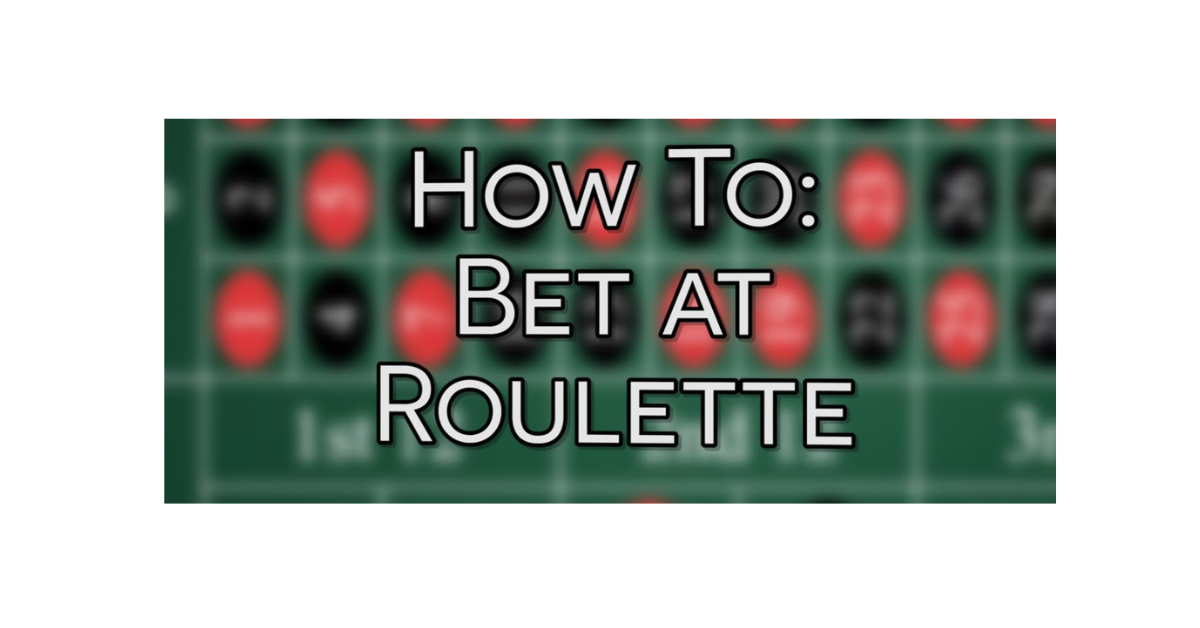Understanding the Basics of Roulette
Roulette is a popular and thrilling casino game that involves a wheel with numbered pockets and a small ball. The objective of the game is to predict where the ball will land once the wheel stops spinning. Players can place bets on various outcomes, ranging from a specific number to the color of the pocket the ball will land in.
The game of roulette typically features two main variations: American roulette and European roulette. While both versions share similar gameplay mechanics, they differ in the number of pockets on the wheel. American roulette has 38 pockets, including a double zero, while European roulette has 37 pockets without the double zero. Understanding these basic differences can help players make informed decisions when choosing which version of roulette to play.
The Different Types of Bets in Roulette
In roulette, there are two main types of bets: inside bets and outside bets. Inside bets involve placing chips on specific numbers or small groups of numbers within the main grid of the roulette table. These bets have higher payouts but lower odds of winning. Some common inside bets include straight bets on single numbers, split bets on two adjacent numbers, and corner bets on four numbers.
Outside bets, on the other hand, are placed outside the main number grid on the roulette table and typically involve betting on larger groups of numbers or characteristics such as color. Although outside bets have lower payouts, they offer better odds of winning. Popular outside bets include even or odd bets, red or black bets, and dozen bets where players bet on a group of 12 numbers at once.
Setting a Budget for Roulette Betting
When it comes to playing roulette, one of the most important aspects to consider is setting a budget for your betting. Before stepping foot into a casino or logging onto an online gambling site, it is crucial to determine how much money you are willing to wager and potentially lose. Setting a budget will not only help you manage your finances responsibly but also prevent overspending in the heat of the moment.
To establish an appropriate budget for roulette betting, it is essential to assess your financial situation honestly. Consider your disposable income, monthly expenses, and any other financial obligations before deciding on a budget for your gambling activities. Setting a budget that you can comfortably afford to lose will ensure that your roulette playing experience remains enjoyable and stress-free, without the risk of financial strain.
Choosing the Right Roulette Table
When it comes to selecting the appropriate roulette table to play on, there are a few key factors to consider. First and foremost, it is essential to determine the minimum and maximum bet limits of the table. This will ensure that the table aligns with your budget and betting preferences.
Another important aspect to take into account is the type of roulette game being played at the table. Whether it is American, European, or French roulette can impact the house edge and your chances of winning. Be sure to choose a table that offers the version of roulette that you are most comfortable playing to maximize your enjoyment and potential winnings.
Understanding the Odds in Roulette
When playing roulette, it is crucial to have a good grasp of the odds involved to make informed decisions. Roulette offers a variety of betting options with different payouts, each carrying its own set of odds. Understanding these odds can help players strategize their bets and make more calculated risks at the table.
The odds in roulette are influenced by the type of bets placed. For instance, betting on a single number, known as a straight bet, offers high potential payouts but comes with low odds of winning. On the other hand, bets with higher odds of winning, such as even-money bets like red/black or odd/even, have lower payouts. By understanding the odds associated with different bets, players can tailor their strategies to align with their risk appetite and potential rewards.















